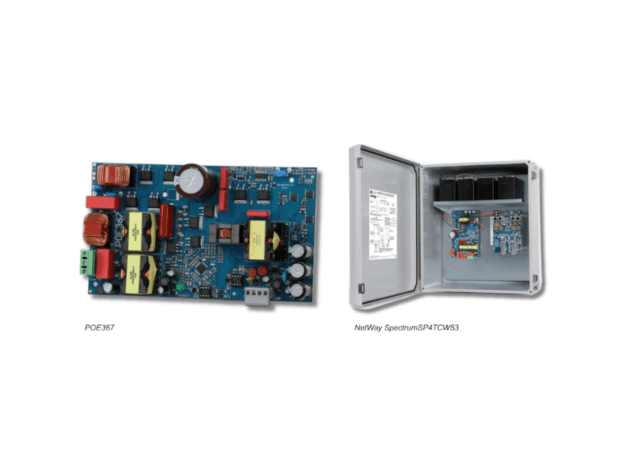Discovering you have been burgled can come as a real shock. No one ever thinks it’ll happen to them, even though we read about it on the news all the time. Unfortunately these things do happen, and did you know burglary victims have a one in four chance of being targeted again in the same property? So even if it has happened to you before, it’s important that you don’t get complacent and know exactly what to do should the worst happen.
Before you do anything at all, it’s important that you try to stay as calm as possible. So many emotions will be rising to the surface at once; you may feel scared, angry and anxious, but dealing with the aftermath of a burglary correctly will make things a lot easier in the future. Once you are able to keep a clear head, home security specialist, SimpliSafe, has put together a list of actions for you to follow.
1. Call the police
If you come home to discover a break in, then the very first thing you should do is call the police. Reporting the crime as soon as possible is important, but how you call the police depends entirely on the circumstances. If you think there is a possibility that someone is still in the house, then you should NOT enter and call the emergency 999 line from a mobile phone or a neighbour’s house. If there are officers available they will attend to you straight away. Often this can happen reassuringly quickly!
If you are sure that the burglars have left your home and you aren’t in any immediate danger, then call the non-emergency police number 101. Calling 101 doesn’t mean that your situation is unimportant, it just helps with the reallocation of important police resources.
2. Don’t touch or move anything
Once the police have been called, it is important that you don’t touch or move anything in your home. While it can be upsetting to see your possessions scattered or broken, the police officers will want to see your home as it was left by the burglars. They may want to take forensic evidence, such as footprints of fingerprints, and you need to keep the crime scene as untainted as possible.
3. Provide help where you can If you have a home security system, now is the time to access it to see if any video footage of the incident was taken. Any little bit can help, so don’t be afraid to hand footage over if you think it may have captured something.
If you don’t have a system, you could try asking neighbours and other people on their street. They may have seen something themselves or if they have cameras, they will probably be more than happy to share footage if it were to help you.
Be sure to tell the police about anything at all that may increase the chances of them finding what was taken, such as DNA markings and any active tracking on stolen devices.
4. Give a statement
As the homeowners, the police will take a witness statement from you. They will go over what happened and what was stolen. Be as detailed as you possibly can – nothing is too small – as this statement may be used in court should your case get that far.
Once the police have finished at your home, you will be given a crime reference number and a number where you can get updates. This will be needed for you to keep track of your case and if you wish to make an insurance claim. Your case should then be handed to the police’s burglary unit. The police will keep you updated on any major developments in your case, such as if someone is charged, if your items are located, or if the case is dropped due to lack of evidence.
5. Make a insurance claim
Once the police have finished in your home, you will need to document things for yourself. Go through each of the affected rooms, take photos and write another list of everything that was stolen, and if
anything was damaged. You will need to submit this information if you wish to make a claim on your home insurance.
If you are making a claim, call the claims number from your home insurance provider as soon as possible. You will be asked to explain what happened, give them the crime reference number and pass on any evidence. You also may be asked to prove that you own certain items that you claim to, along with confirmation of their value. This evidence might include bank statements or receipts.
For specialist items that can’t be replaced by insurers, such as your driving licence or passport, you will need to deal with the relevant government departments separately. Simply report them as stolen and follow the steps to get a replacement. Stolen debit and credit cards should be reported to your bank as soon as possible so they can block them, deal with any fraudulent transactions and issue replacements. For mobile phones, report it to your network.
If your house keys have been stolen, you should arrange to have your locks changed as soon as possible. For missing car keys, car garages can reprogram electronic locks to respond to a new code. Many people feel more reassured if they do this anyway.
6. Get support if you need it
It’s completely normal to feel distressed, anxious or experience other negative feelings after a burglary. After all, your safe space has been invaded. Even if very little was stolen, you’re allowed to feel like you have been violated. Don’t be afraid to discuss your feelings with someone close to you, or if you feel like you need more support, contact Victim Support for additional help.
Dealing with the aftermath of a burglary isn’t easy. In fact, it can be pretty tempting to bury your head in the sand, but it’s important that you try to deal with things as quickly as possible. The sooner you speak to the relevant authorities, the sooner things will be dealt with and the more likely it is that your stolen property could be recovered.
See more articles here.























